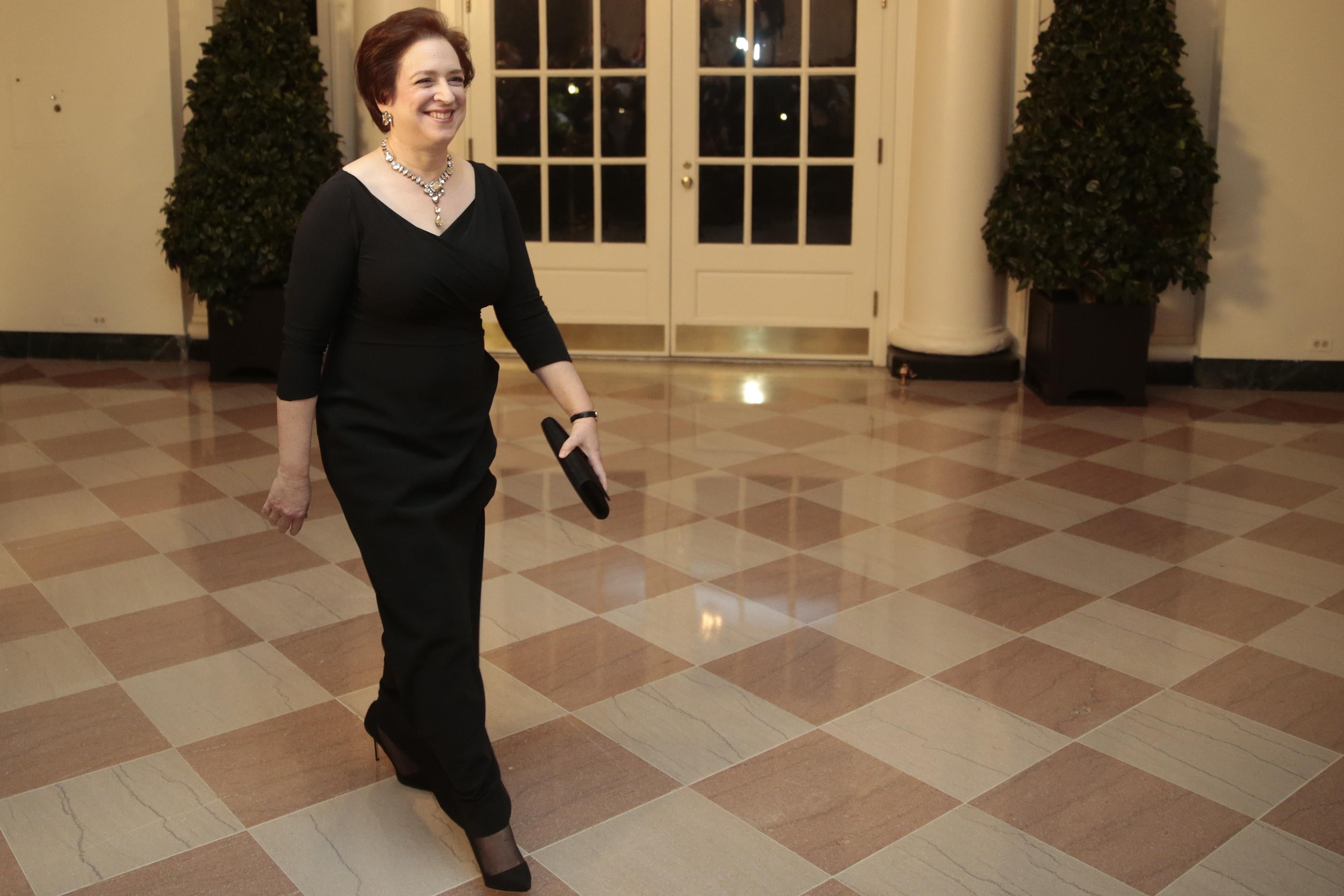On Wednesday morning the Supreme Court handed down an opinion in Yates v. United States, a closely watched, fiercely joked-about case filled with drama, cover-ups, and fish. Yates involved a Florida fisherman who was caught illegally reeling in undersized grouper. Officials ordered the fisherman, Yates, to preserve the evidence of his crime, the shrimpy grouper themselves. Instead, Yates ordered his crew to toss them overboard. In response, the feds charged him under the Sarbanes-Oxley Act of 2002, which forbids the destruction of “any record, document, or tangible object” with the intent to obstruct a federal investigation.
Yates fought back, insisting that undersized grouper didn’t qualify as a “tangible object” under Sarbanes-Oxley, which was enacted following the Enron scandal to stop financial firms from shredding incriminating documents. In a closely divided ruling, the Supreme Court sided with Yates, with a plurality of the justices reading the statute to cover “only objects one can use to record or preserve information, not all objects in the physical world.” Justice Samuel Alito concurred in the judgment, providing a key fifth vote for Yates, noting that “the statute’s list of nouns, its list of verbs, and its title” all apply to “filekeeping,” not fish. This, Alito held, “tip[s] the case in favor of Yates.”
In a strange instance of ideological gallimaufry, Justice Elena Kagan dissented, joined by the more conservative justices Antonin Scalia, Clarence Thomas, and Anthony Kennedy. Kagan—whose breezy yet stinging dissents are quickly becoming legendary—advocates for a more “conventional” reading of the law, writing that “a ‘tangible object’ is an object that’s tangible.” She then drops what must be one of the more amazing citations ever issued by a Supreme Court justice:
As the plurality must acknowledge, the ordinary meaning of “tangible object” is “a discrete thing that possesses physical form.” A fish is, of course, a discrete thing that possesses physical form. See generally Dr. Seuss, One Fish Two Fish Red Fish Blue Fish (1960).
So, it was all wit and sallies at the Supreme Court on Wednesday morning—except for John Yates, who came one vote away from facing up to 20 years in prison, and for grouper, which could soon go extinct due to overfishing. In the end, Yates turned out to be a startlingly close call for a case destined to become better known for fish jokes than for statutory interpretation. Court-watchers, brace yourselves: The next four months are going to be rough, rough sledding.
